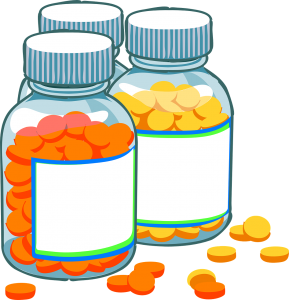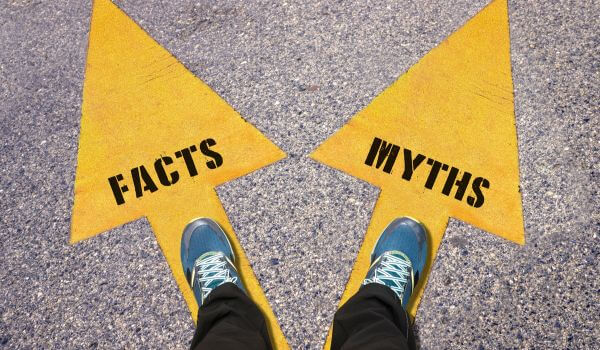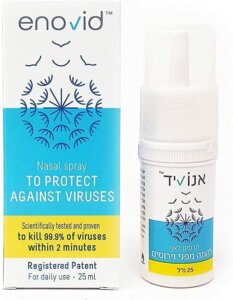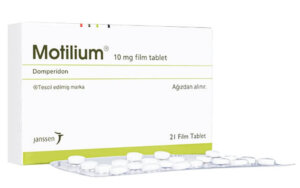When was the last time you cleaned out your medicine cabinet?
 It might not be high up on your list of priorities right now, but you should ideally be doing this task twice a year. If you can’t remember the last time you sorted through your medicines, now is the time. Around 31% of people who participated in a survey said it had been over a year since they last cleaned out their medicine cabinet.
Why’s it so important?
Thousands of adults and children get poisoned every year due to unsecured prescription and over-the-counter medication. Cleaning out your medicine cabinet regularly can prevent misuse and accidental poisoning. By disposing of old pills regularly and locking away the rest, you are keeping your family safer.
Aside from home safety, you’ll also be surprised at the amount of cabinet space it has freed up. Get rid of expired and old medicines you purchased in store or through an online pharmacy and save the space only for items you use frequently.
Make sure you also check your sunscreen as they do have expiration dates. Things like dental floss and makeup don’t have an expiry dates but they do lose their quality over time.
Here are some tips on how to do it
It might not be high up on your list of priorities right now, but you should ideally be doing this task twice a year. If you can’t remember the last time you sorted through your medicines, now is the time. Around 31% of people who participated in a survey said it had been over a year since they last cleaned out their medicine cabinet.
Why’s it so important?
Thousands of adults and children get poisoned every year due to unsecured prescription and over-the-counter medication. Cleaning out your medicine cabinet regularly can prevent misuse and accidental poisoning. By disposing of old pills regularly and locking away the rest, you are keeping your family safer.
Aside from home safety, you’ll also be surprised at the amount of cabinet space it has freed up. Get rid of expired and old medicines you purchased in store or through an online pharmacy and save the space only for items you use frequently.
Make sure you also check your sunscreen as they do have expiration dates. Things like dental floss and makeup don’t have an expiry dates but they do lose their quality over time.
Here are some tips on how to do it
- Check all expiration dates. Everything has an expiration date – prescription and over-the-counter medication – so make sure you check everything. This includes eye drops and syrups.
- Find the right place to store medicine! Make sure you keep all medication out of reach of both children and animals. It’s best to store it in a cool place away from humidity and direct light. Choose a high up, seal-able place.
- Keep only what you need. And get rid of medication that you stopped using because you no longer need it or because it caused adverse side effects. If you have a lot of different types of medication, you may not even remember what it is or who it’s for. You can either dispose of it or check with a pharmacist before consuming.
- Keep medication in original packaging. It will help you not get confused and will know exactly when the expiration date is.
- Check all your medicine. If something looks or smells not right, err on the side of caution and throw it out. Never use a medicine that hasn’t been stored properly.
















